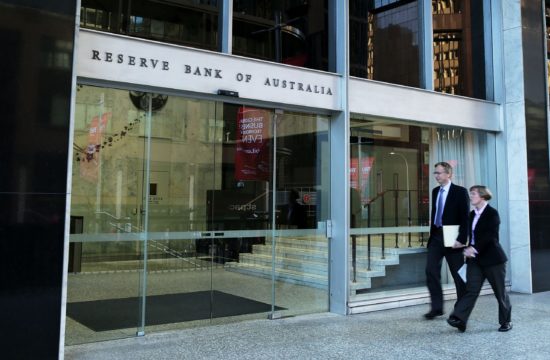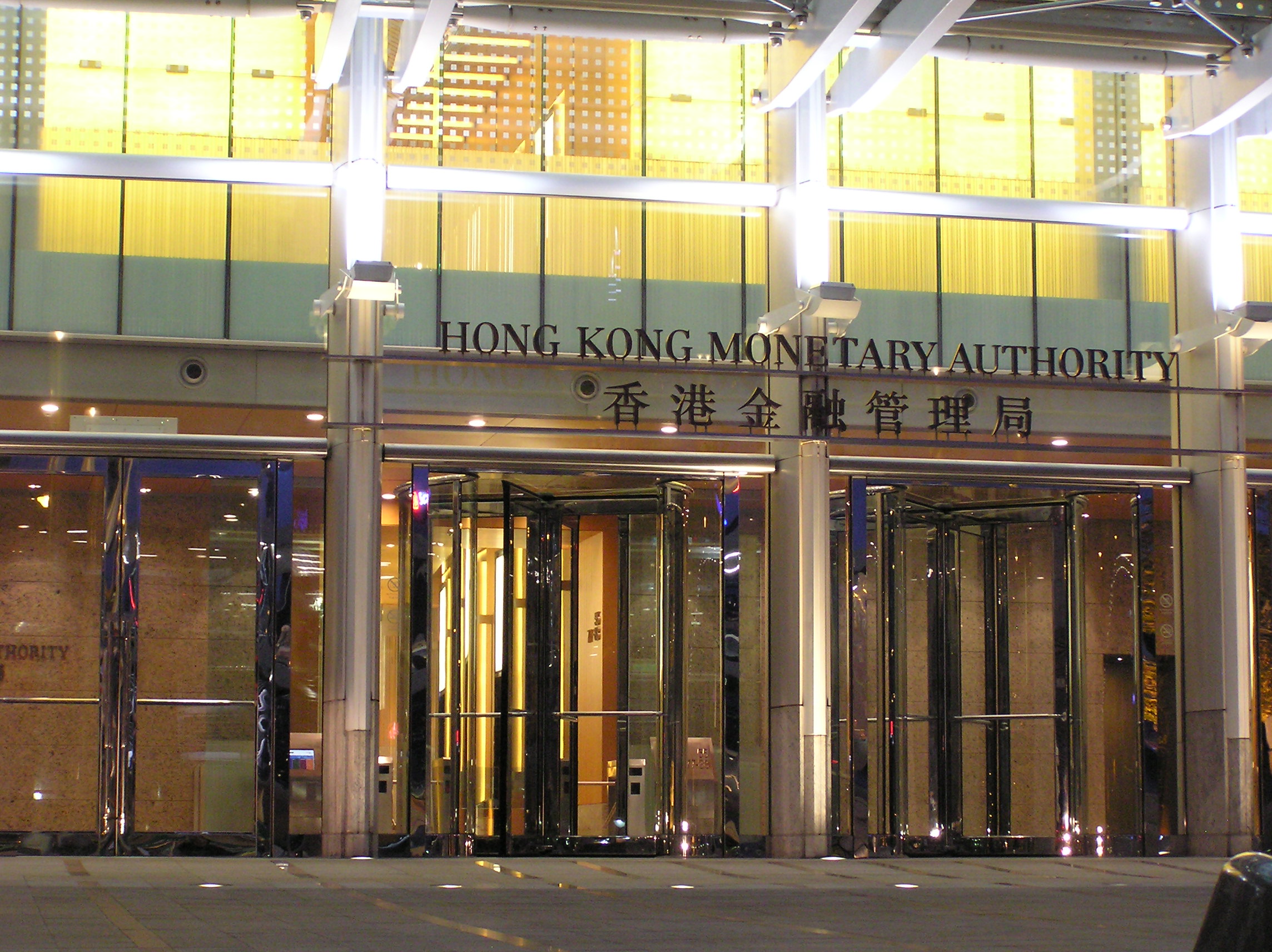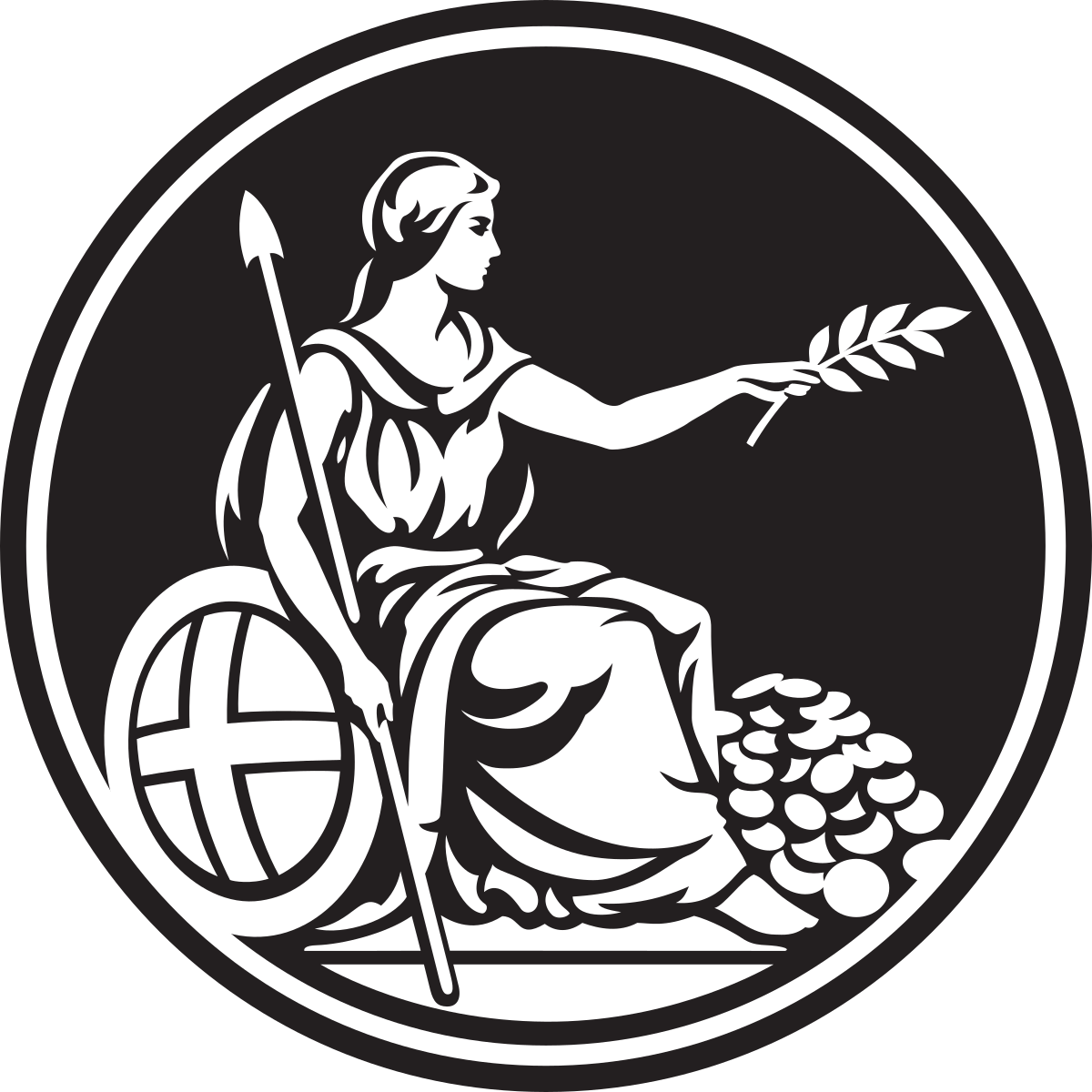These last weeks have been some of the most dramatic Sweden has experienced in modern times. “I have been involved in many economic crises, including three major ones in Sweden. But I have never previously experienced such a rapid course of events and so many decisions being taken in such a short space of time.” These are the words of Governor of the Riksbank Stefan Ingves in a speech today on the Riksbank’s measures to mitigate the effects of the corona crisis on the economy.
Rapid turn of events
“Many in society are struggling now, not least health workers in the front line. On a personal level, many are certainly struggling with anxiety, not just over the spread of the virus and the health of their loved ones, but also over unemployment and the risk of losing their life’s work when parts of the economy close down. People suffer in economic crises,” Stefan Ingves added.
The Governor stressed how different this crisis is compared with the crises he has previously experienced: it is not a financial crisis to begin with. But the many measures implemented around the world to safeguard lives and health in society have also had consequences for the economy both here at home and internationally. “Demand has collapsed and supply is decreasing drastically. This time it is a question of the state bridging over in different ways so that companies survive and as many as possible still have their jobs when the crisis is over,” Governor Ingves said.
Uncertainty about the future, risk aversion and credit shortage can exacerbate and prolong the downturn in the economy. Through our measures, we are helping to maintain credit supply. This reduces the risk of money shortages and sharply rising interest rates exacerbating the situation. By keeping down interest rates, the Riksbank helps to ensure that consumption and investment do not fall as much as they otherwise would have done.
Seven measures in the space of two weeks
In recent weeks, the Riksbank has implemented a number of forceful measures to improve the chances of companies surviving during a period in which the economy risks freezing over: Offering extensive loans to banks, making it easier for banks to obtain safe and liquid assets and purchasing different types of securities, which is helping to keep down interest rates on markets that are important for corporate borrowing.
“Our measures are to be seen as a type of insurance for the national economy. They prevent problems on financial markets from in turn creating problems for Swedish companies. Banks having good liquidity themselves and not seeing a need to participate in the Riksbank’s programme can only be positive. It means that companies should not have problems obtaining bank loans either. The measures are there as an insurance and so that this will continue to be the case,” Governor Ingves said.
We are doing what is required
The Riksbank has implemented forceful measures, together with Finansinspektionen, the National Debt Office and the Ministry of Finance to ensure credit supply continues to function. “The Riksbank stands ready to do more if and when necessary to help the Swedish economy get through this crisis as well”, Stefan Ingves said in conclusion.














